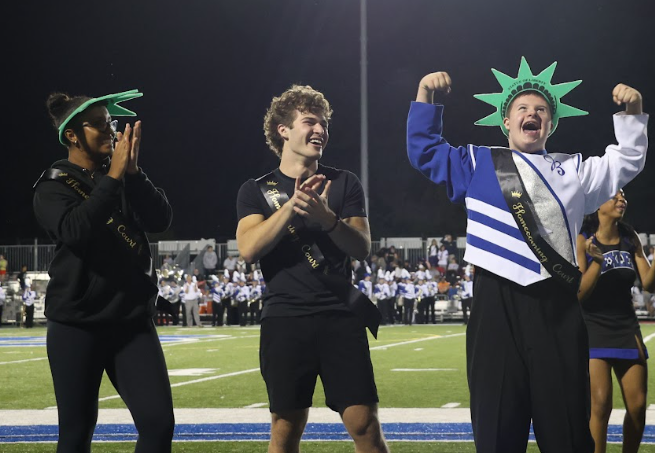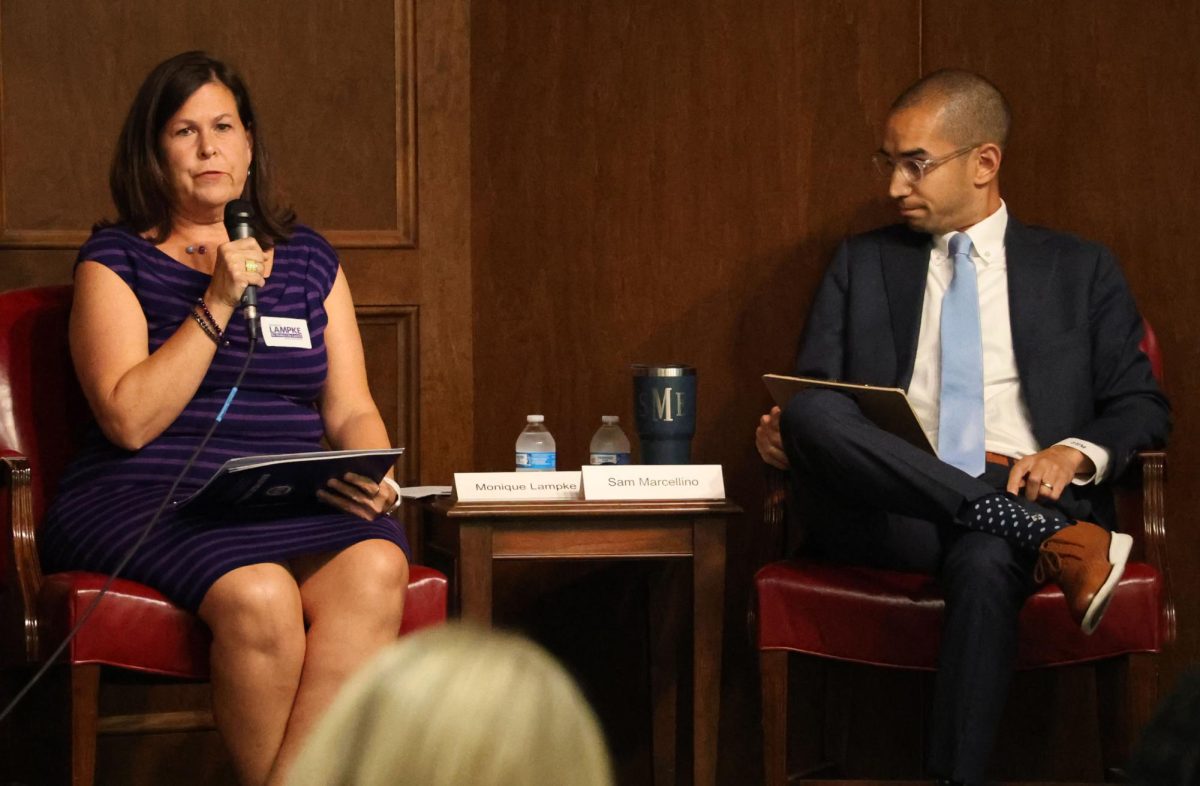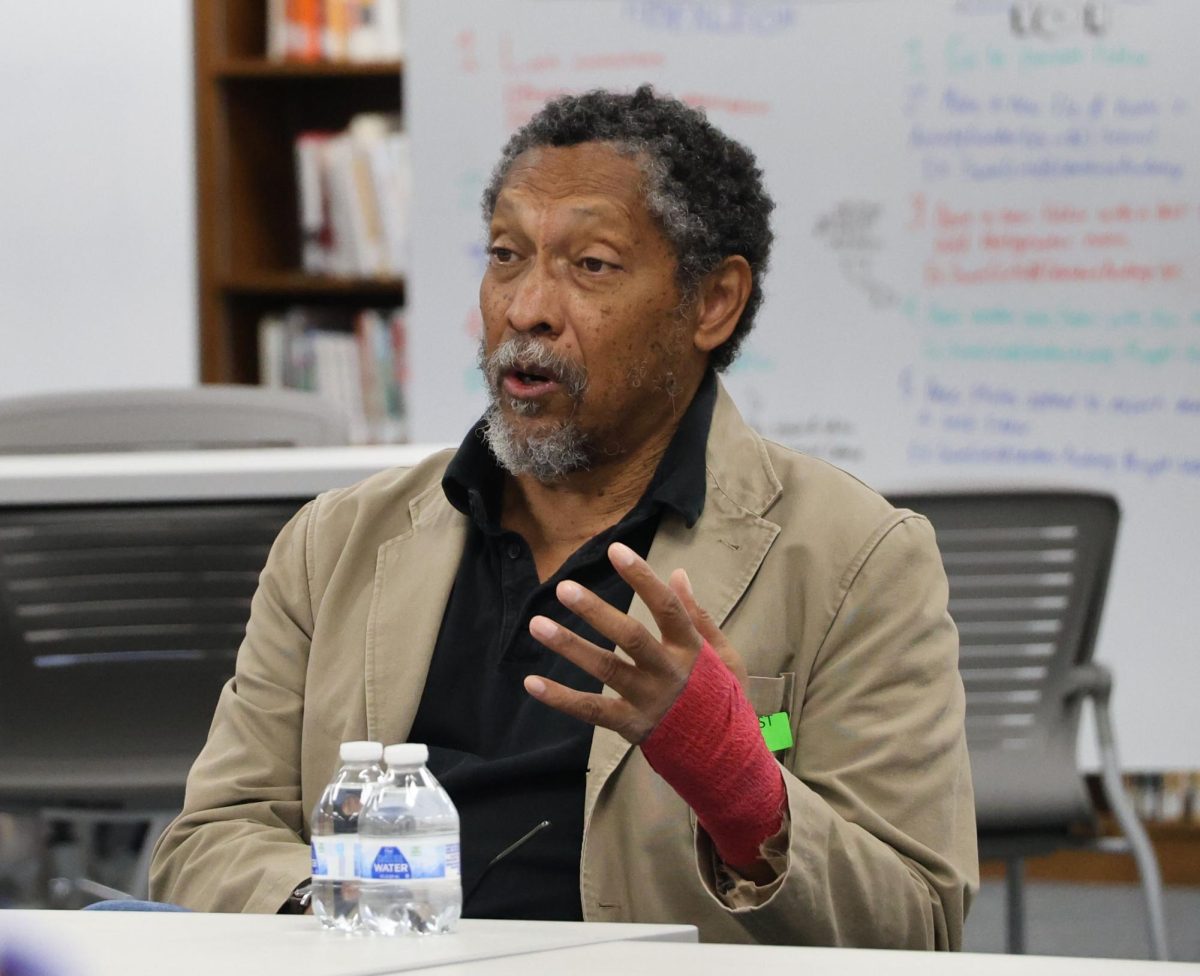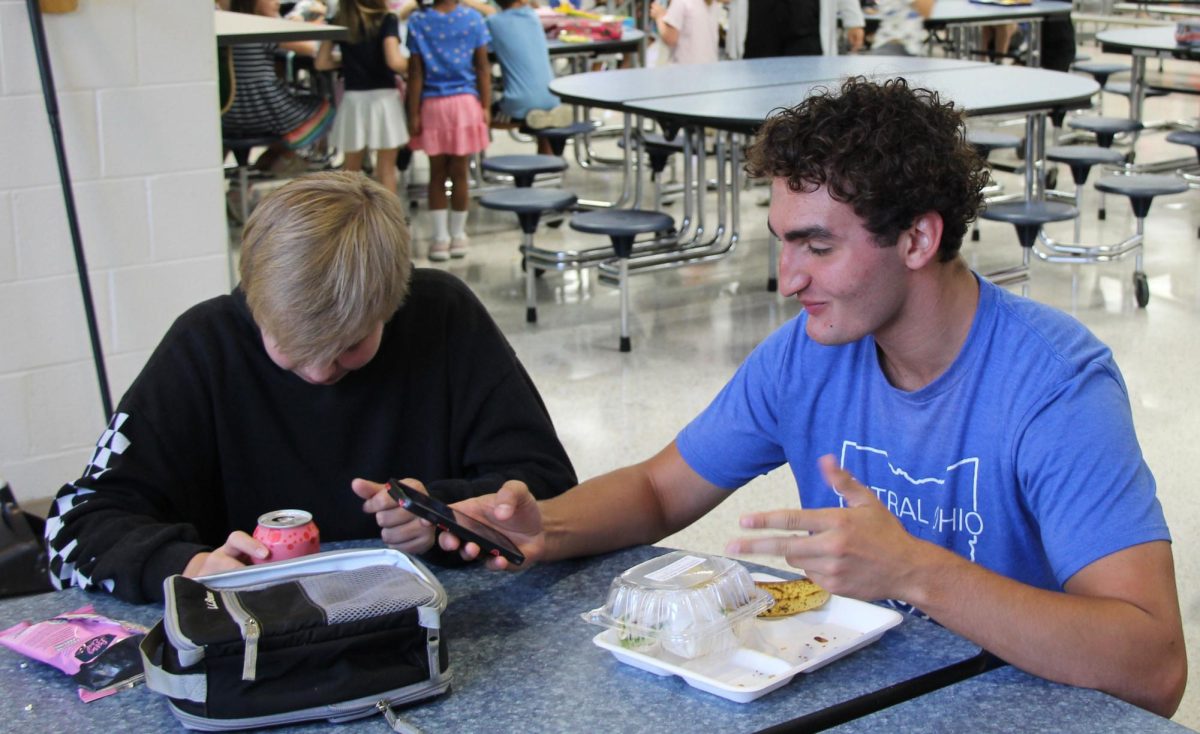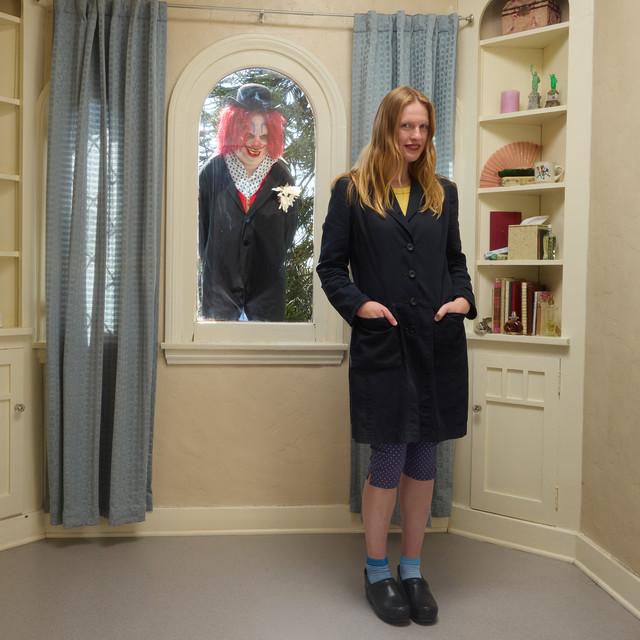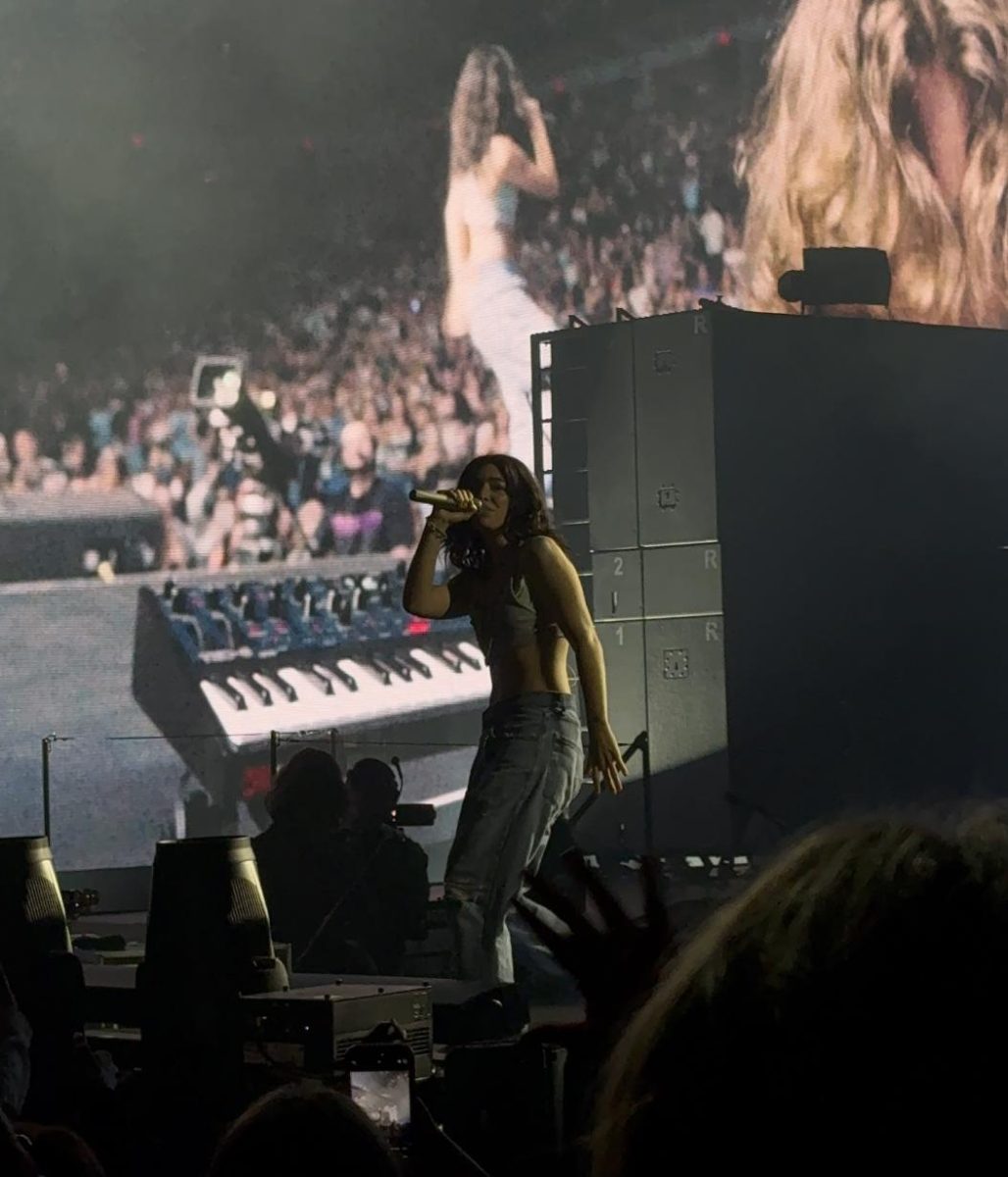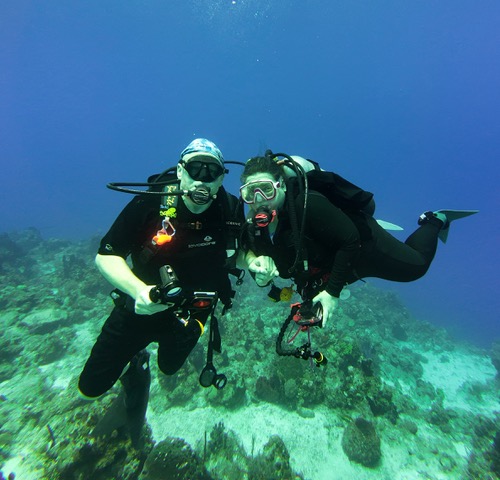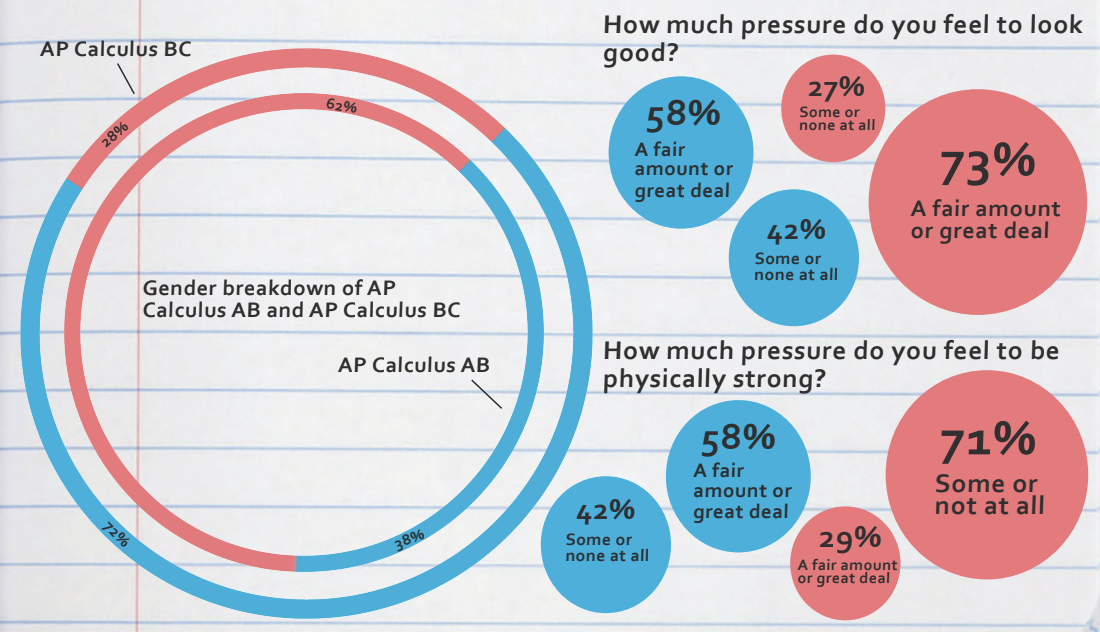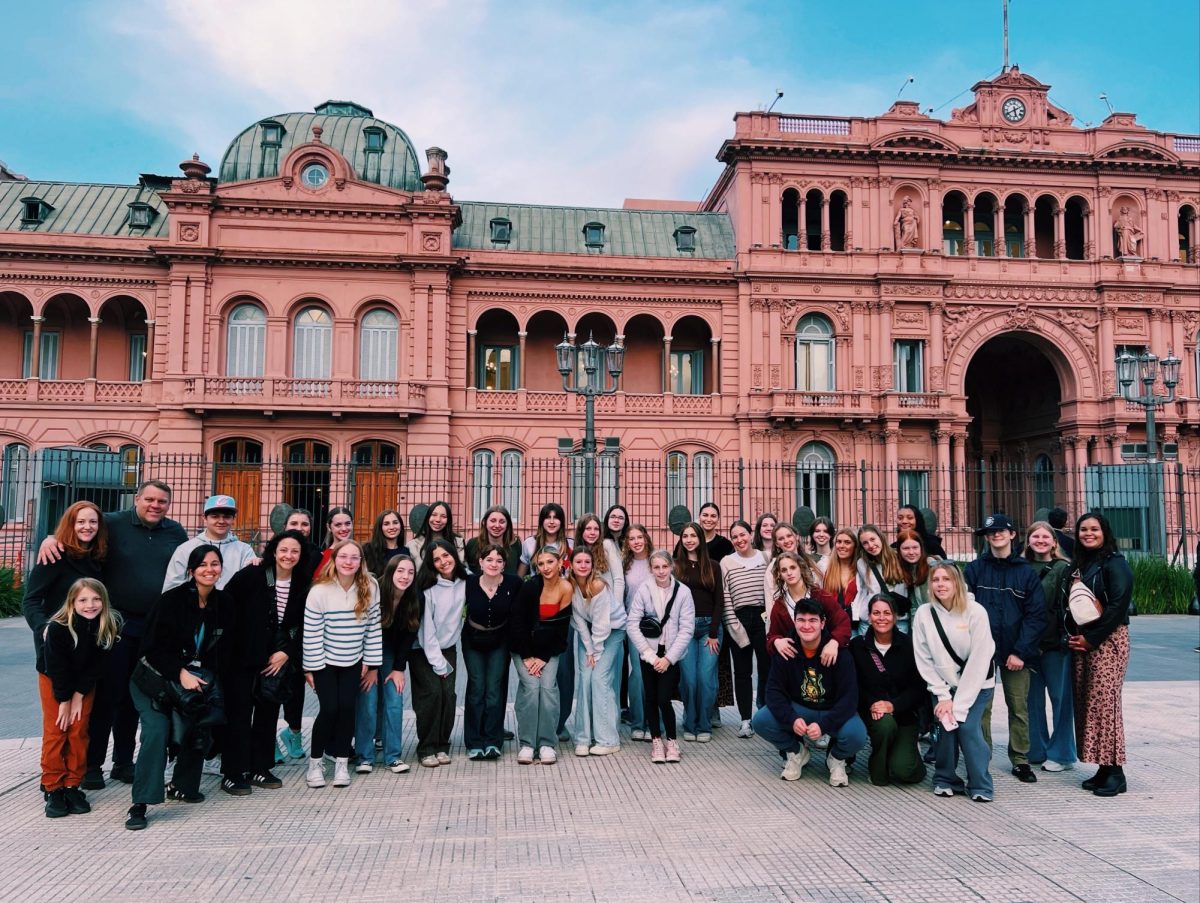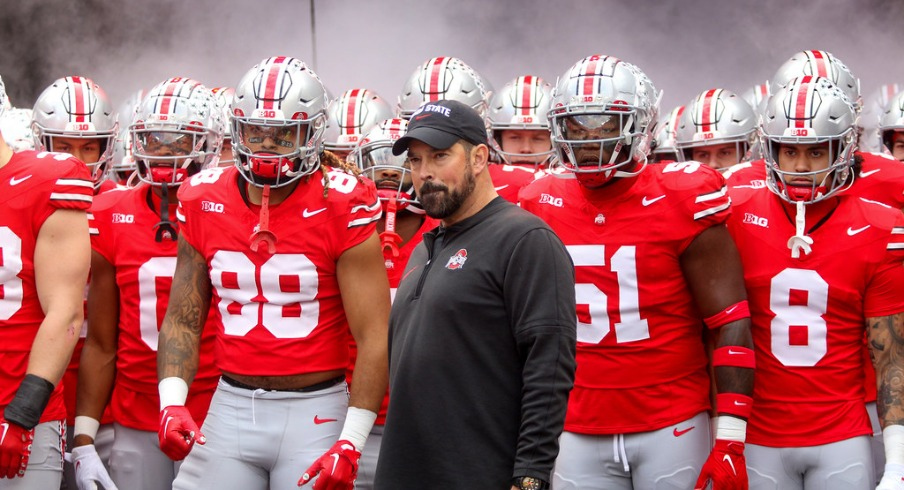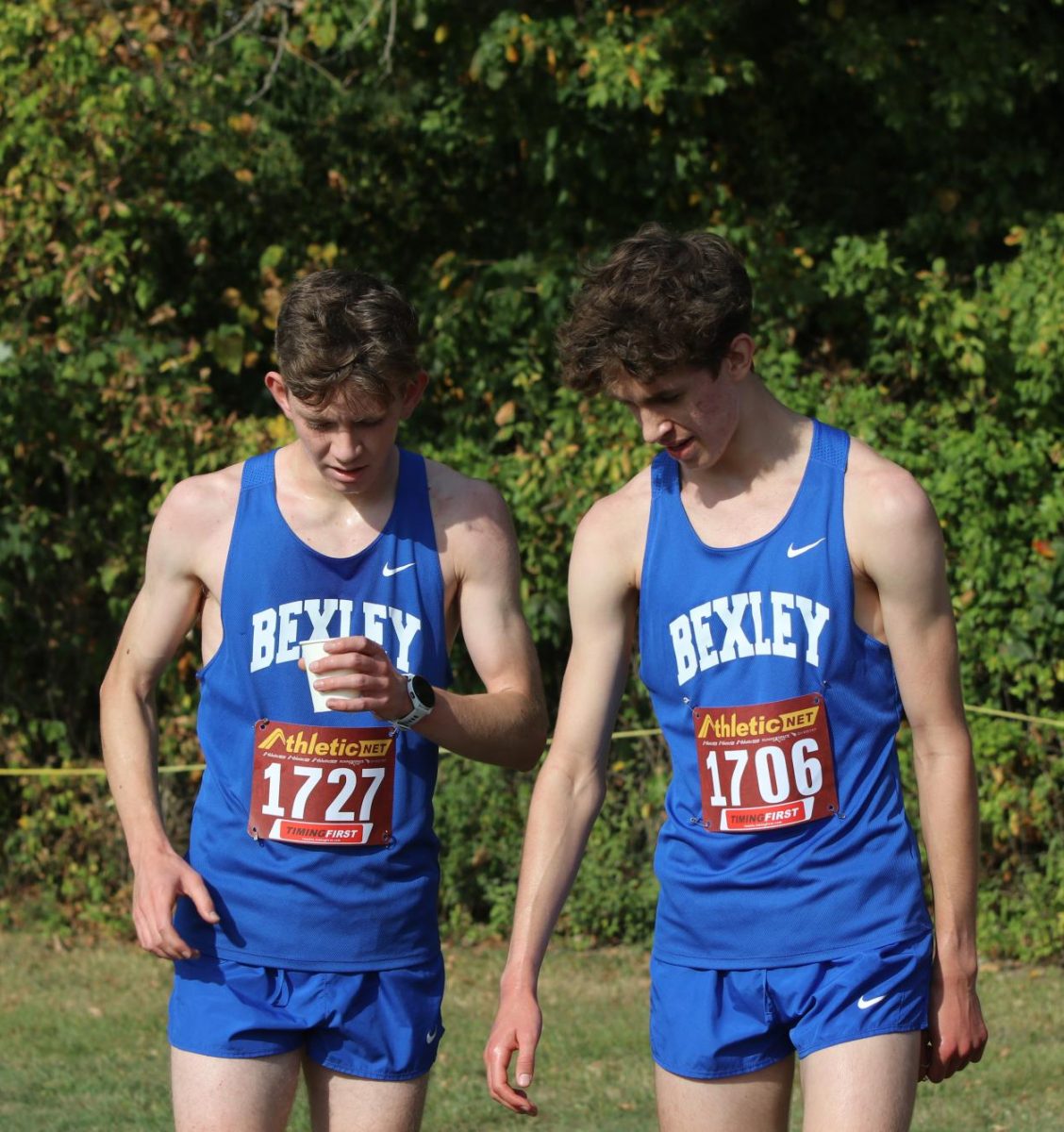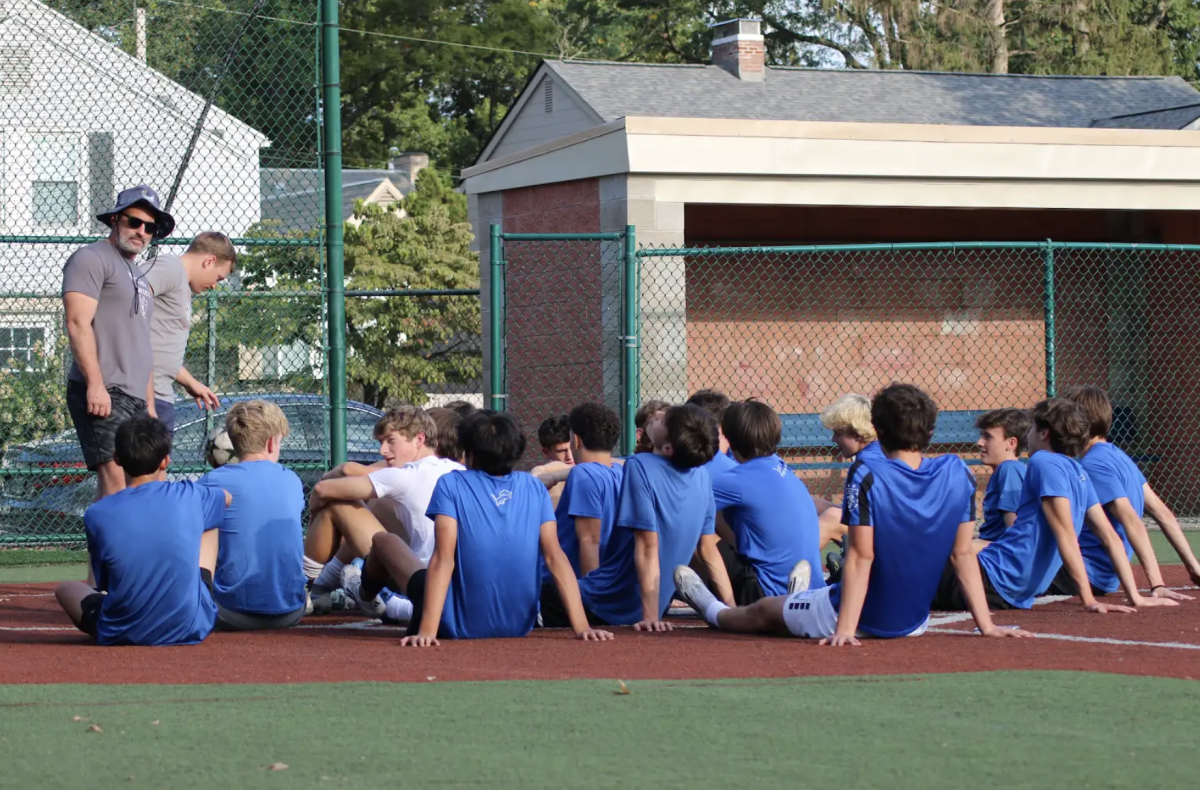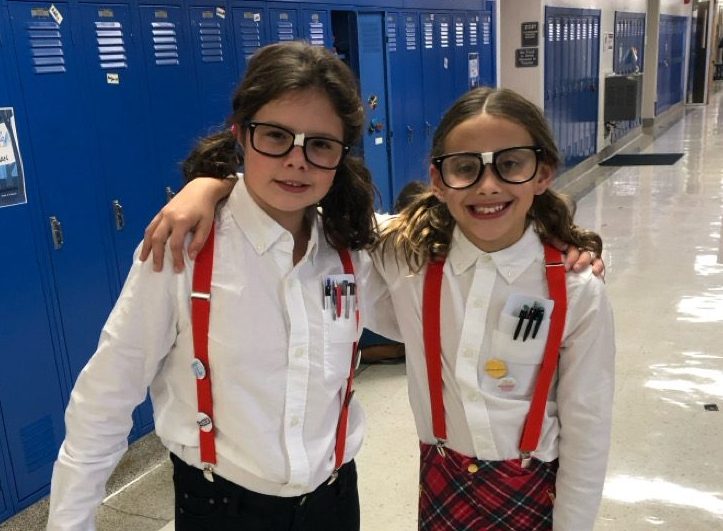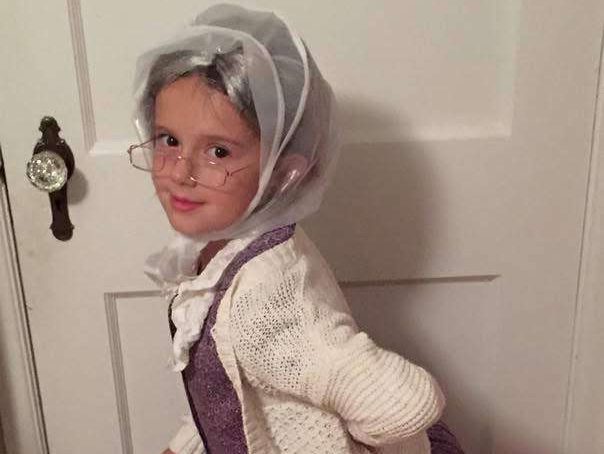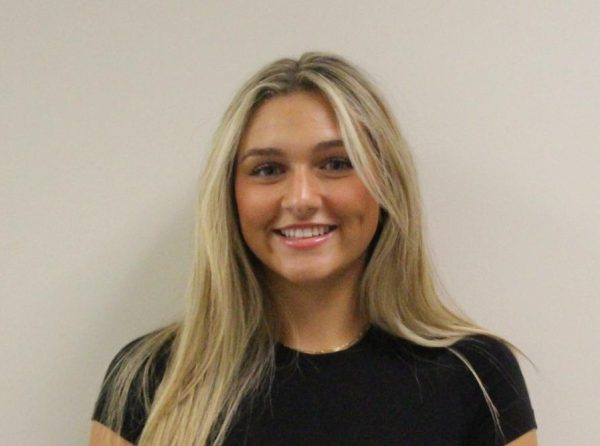While the Sixth Amendment gives every citizen the right to a fair trial, whether or not the appearance of a defendant has an effect on the outcome of a trial is often debated. When a defendant is good looking or shows up to their trial in nice clothing, it can affect the future result of their case.
The “Halo Effect” plays a large role in the courtroom when a defendant is perceived as good looking. According to University of Lincoln psychology studies, the Halo Effect occurs when attractive people receive more help from strangers, earn higher wages and have more job opportunities. People will subconsciously conclude that better looking people have other desirable or trustworthy traits solely based on physical appearance.
Psychology Professor Robin Kramer said numerous studies have shown attractive people receive more lenient punishments for most types of crime, and jurors have likely experienced the Halo Effect in court.
Many factors play into this phenomenon, such as the exponential rise of social media and potential bias within the jury; two cases that display these effects are the cases of Luigi Mangione and the Menendez brothers.
When court cases gain media attention, the public is often quick to pick a side. The more fame surrounding a case, the more attention the defendant receives, and in some instances, their physical attractiveness can sway
society.
For example, 26-year-old Luigi Mangione is being accused of multiple accounts of murder after allegedly assassinating CEO of United Healthcare Brian Thompson in December. Mangione’s good looks have attracted the public and gained him large amount of supporters across the country.
The evidence against Mangione would normally result in a speedy trial; however, apps like Instagram and TikTok have glorified the young man as “hot” and “heroic” to the extent that his sentencing could face a delay or be minimized.
Similarly, the obsessive behavior from social media and the press has affected the Menendez trial. The Menendez brothers’ case has been a media-centered case for decades, likely because of the public’s obsession with their appearance. They were recently given a resentencing hearing due to an overload of petitioning, likely caused by their “pretty privilege” and attention from the press, including a documentary and TV show.
Natural human instincts like the Halo Effect are undeniably going to cause a bias in the jury or a more complicated trial. For instance, the Menendez case was not an easy nor quick trial and is still ongoing. Because the two brothers were handsome, wealthy kids in Beverly Hills, California, they obviously showed up to court looking well-groomed. Naturally, the Halo Effect caused people to have a hard time believing these handsome young men would ever participate in defendant activity. In addition, their case is now getting a fresh look 35 years later because of TikTok videos calling attention to the attractiveness of the convicted defendants.
If the Menendez brothers were unattractive and poor, their trial would have never been second guessed or revisited at all. Overall, defendants face different trials based on their physical appearance.

